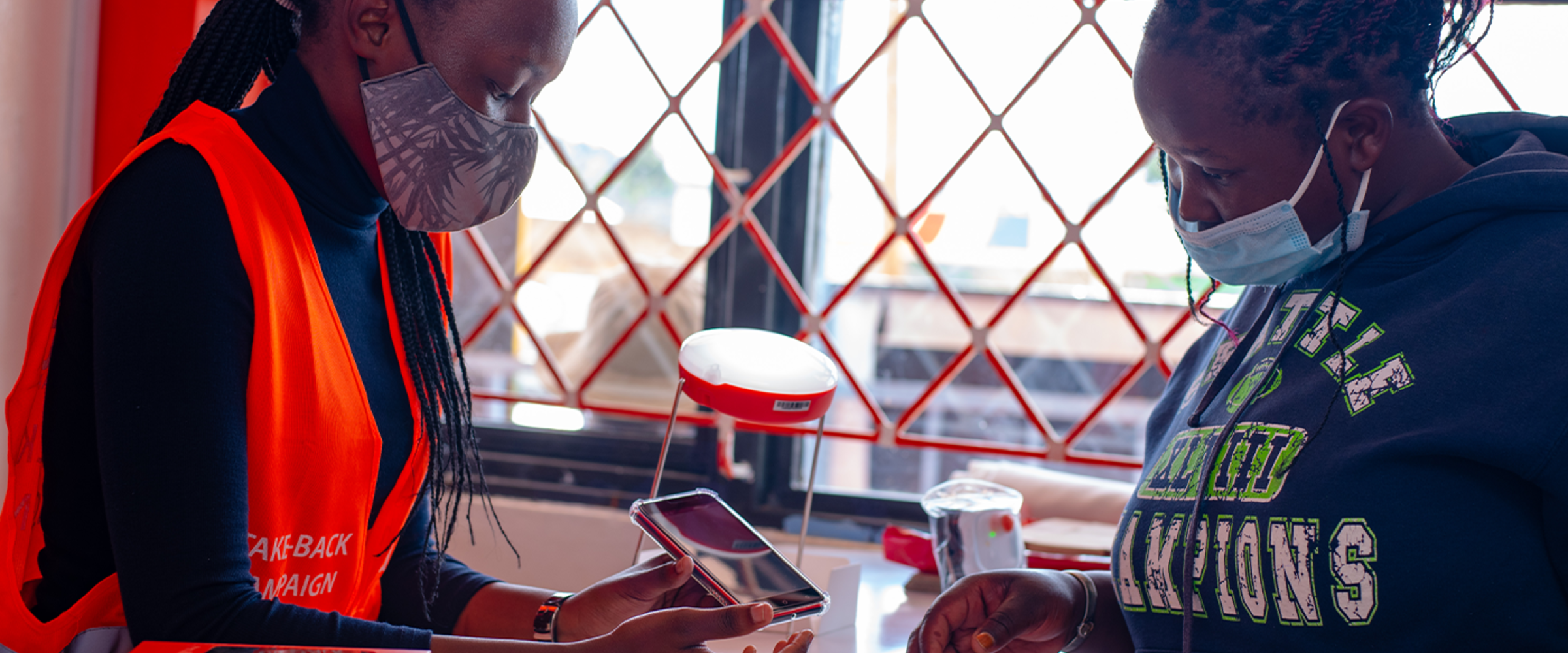
Unelker Maoga
Ambassador-led Initiative
1:3
SROI
As a predominantly agricultural region, East Africa is set to suffer a significant and disproportionate impact, due to climate change. With 70% of the population obtaining their primary income source from farming, climate change threatens the very livelihoods of farmers dependent on rain-fed crop for sustenance (1).
In 2017, Unelker Maoga founded Konservation, a local non-profit organisation working in south-west Kenya to tackle the climate emergency and facilitate rural community development. The Climate Change Education programme in collaboration with the Kenya Community Development Foundation and the Green Belt Movement has educated 3,200 children in 40 schools in rural agricultural communities in Nyamira County about climate change, and is now supported by National Geographic Explorers. Unelker also launched a Women and Energy social enterprise to increase access to clean energy technology in homes that lack access to electricity. With the help of the Global Greengrant Fund, it has established a retail outlet in Keroka Town which supplies solar lamps to women who run their own kiosks, providing income to female entrepreneurs and clean energy to rural villages. In 2020, Unelker and her sister Sylvia partnered to start another initiative to help marginalised women to secure financial independence. The Inuka Project employs rural women and collaborates with local farmers in the production of sustainable all-natural cosmetic products. It connects young women to education to help counter gender-based violence and teenage pregnancy. During the pandemic, Konservation and Infused Bath and Balms established a workshop with local women and distributed handmade soaps free-of-charge to vulnerable members of the larger community, as part of their Covid-19 response.
Unelker attended the One Young World Summit in London in 2019. In a seminar exploring coffee farming, fair trade, and exploitation of farmers, she sparked up a conversation with Daniel Holod. Daniel joined Konservation, and together they have launched the Regenerative Agriculture project. The project, currently funded by Purpose Earth, seeks to establish locally sustained seed banks for indigenous crops and build capacity on climate-resilient husbandry. The goal is to promote food sovereignty, provide crop alternatives to a monopolised tea framing industry and increase the bargaining power of small-scale farmers in the trade of their own indigenous produce.